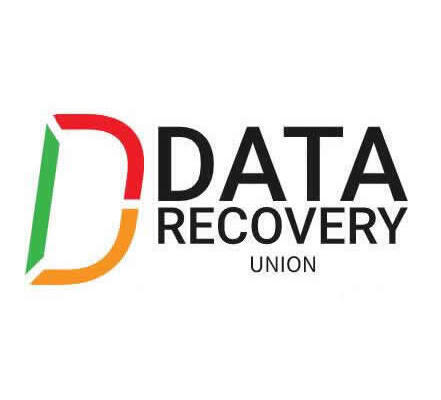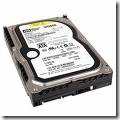
Gigabyte to Terabytes
For fun, here is a comparison of some old storage media with something in our data recovery lab right now.
On the left is an IBM 3380 ‘direct storage access device’ circa 1980. Capacity: 1 GB. On the right, a RAID recovery on one of our lab workbenches, set up in a couple of storage cases.
Capacity: 48 TB.
The cases and the old IBM device are about the same size… ~30cm across, but of course 30 years difference.
Gigabyte:
The gigabyte is a multiple of the unit byte fordigital information storage. The prefix giga means 109 in the International System of Units (SI), therefore 1 gigabyte is1000000000 bytes. The unit symbol for the gigabyte is GB or Gbyte, but not Gb (lower case b) which is typically used for the gigabit.
Terabytes:
The terabyte is a multiple of the unit byte digital information. The prefix tera means 1012 in the International System of Units (SI), and therefore 1 terabyte is 1000000000000 bytes, or 1trillion (short scale) bytes, or 1000 gigabytes. 1 terabyte in binary prefixes is 0.9095 tebibytes, or 931.32 gibibytes. The unit symbol for the terabyte is TB or TByte, but not Tb(lower case b) which refers to terabit.


